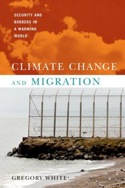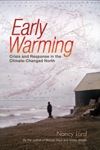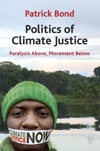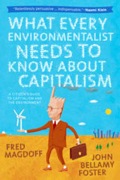 It’s all too easy for wealthy America and Europe to treat climate-induced migration as a border security issue. Gregory White, Professor of Government at Smith College in Massachusetts, argues in his recent book Climate Change and Migration: Security and Borders in a Warming World that a security-minded response to the phenomenon is both inappropriate and unethical. It’s not a judgment the book rushes to; White provides ample and thoughtfully-presented material in its support.
It’s all too easy for wealthy America and Europe to treat climate-induced migration as a border security issue. Gregory White, Professor of Government at Smith College in Massachusetts, argues in his recent book Climate Change and Migration: Security and Borders in a Warming World that a security-minded response to the phenomenon is both inappropriate and unethical. It’s not a judgment the book rushes to; White provides ample and thoughtfully-presented material in its support.
The dynamics of globalisation have brought with them an increasing preoccupation with border security, particularly in the countries of the North Atlantic. Immigration is a hot electoral issue and the spectre of climate-induced migration adds to the already fraught subject. White writes of how easily deep fears can be aroused and of media-savvy politicians all to ready to play on them, along with the “media’s panic entrepreneurs”.


 I warm to any writer who identifies the solution to climate change in the simple terms employed by
I warm to any writer who identifies the solution to climate change in the simple terms employed by 
